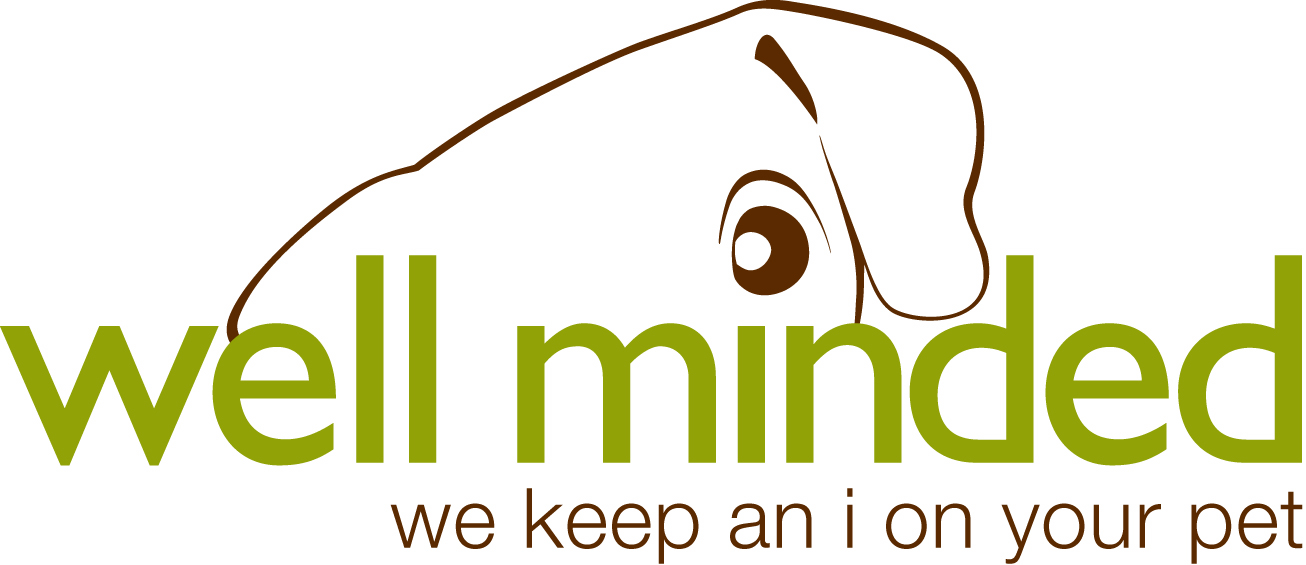I read a post yesterday on Facebook that caught my attention. A client of mine reported that a friend of hers was in need of some camping gear. But not because she was going on a vacation. This woman and her family will be homeless as of the 30th of this month. They need camping gear to survive as a newly homeless family.
You see, money is tight for them like it is for so many others. This family has beloved pets, some of which are service animals, and their apartment gave them a mere thirty-days notice that they would no longer be accommodating animals. The service animals could stay by law, but the others who provide them so much emotional support could not. So the family had to make a choice: get rid of the animals or move.
They can't stay, and they don't have the money to move. They won't sever ties with their furry family members, so they are making a huge sacrifice. They are starting over, Little House on the Prairie-style. They are saving every dime and waiting for their tax return to come. Through the generosity of others, they have secured a large tent and a few other necessities, but they need so much more.
Now before you judge...not that you would, but some might, and I know how these things go and what questions might be asked:
• If they don't have any money, why do they have pets?
• Why don't they just get rid of the pets so they can have a safe place to live?
• Why don't they get a better job that pays more?
Let me fill you in.
I spoke to Dawn, the matriarch of the family. She told me about her husband, Michael, her daughter, Kim (19 years old), and her daughter, Deanna (18 years old).
Dawn suffers from Ehlers-Danlos syndromes (EDS). Since our mutual friend who connected us also suffers from it, I am somewhat familiar with the disease, but, from what I understand, the symptoms and problems that arise from EDS are plentiful and infinite, and differ from person to person, so I would never claim to know all about it. The Ehlers-Danlos National Foundation describes it as:
"Individuals with Ehlers-Danlos syndromes (EDS) have a genetic defect in their connective tissue, the tissue that provides support to many body parts such as the skin, muscles, and ligaments. The fragile skin and unstable joints found in patients with EDS are the result of faulty or reduced amounts of collagen. Collagen is a protein which acts as a "glue" in the body, adding strength and elasticity to connective tissue.
"EDS is a heterogeneous group of heritable connective tissue disorders, characterized by articular (joint) hyper mobility, skin extensibility and tissue fragility. There are six major types of EDS. The different types of EDS are classified according to their manifestations of signs and symptoms."
I could provide you with the list of symptoms, but you'll probably move on to another post in your feed within the first...eh...twenty pages or so, so I'll let those of you who are truly interested in exploring more check out the link to the EDNF web site and see for yourselves. I encourage you to do so. In summary, it's like something out of a horror story.
What Dawn has been able to achieve is remarkable. She beat the odds and got out of a wheelchair she had been sentenced to for life because of her EDS. She was in that wheelchair for thirteen (YES, 13) years. She describes her victory: "I was on my way to hospice when I said I needed help. I could ask an animal for anything; people much less so." Then along came Bella. Bella was a neglected and abused animal before she connected with Dawn. The two are inseparable. As an untrained rescue dog, Bella learned 53 commands and became her service dog. "Bella made me want to walk and fight and so much more. I have been out of a wheelchair for three years and pharmaceutical-free. I recovered both kidneys and my liver that thirteen years of medications had all but killed off. I did it all with my pets, for my girls, husband, and myself."
Not to be chiché, but they seem to be the definition of "rescuing each other."
Dawn's daughters, now young adults, both have EDS. Now that they are both over 18, their Social Security benefits (like the kind people really need) are greatly reduced, so money is tighter than ever. To make matters worse, Deanna has autism. She will be filing for disability as a young adult, but these things take time.
So what about Dawn's husband, Michael? Where does he stand?
Dawn filled me in. "Mike and I were teenage sweethearts...we are disabled family...Mike also has a connective tissue disorder that the doctors are trying to diagnose. He is barely physically able to work part time."
Despite all of these tribulations, the family devotes their time to and has been glued together by animal-related causes. Dawn told me that she doesn't remember a time when she wasn't rescuing some sort of creature (I could relate), and that she holds a special place in her heart for the bully and shepherd breeds–the underdogs. She says "so often they are overlooked, but they are wonderful little souls." Even though their family needs, they give to animals. Dawn reflects that "I have been trying to save every animal I could, since my first memories. Rescuing reptiles, dogs, cats, birds, and whatever helpless being heeded me...our rescue driving has been grounded, as the van has over 160,000 miles on it now, and we can't afford to replace it. All we ever asked for our transports is gas. We did the rest on a limited budget as a family."
Sometimes those who need the most give the most.
So what about their pack? Let's hear about their awesome animals!












